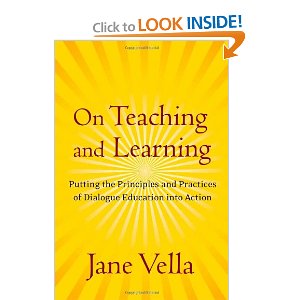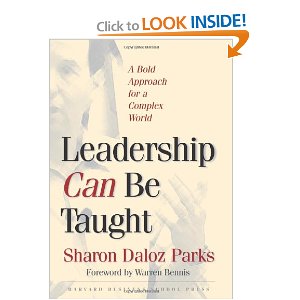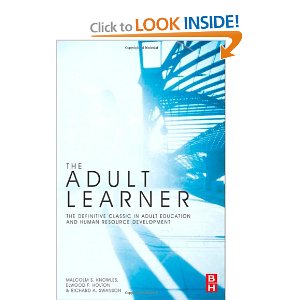 Jane Vella’s On Teaching and Learning is a magnificent follow-up book to the principles of dialogue education she laid out in Learning to Listen, Learning to Teach (2002).
Jane Vella’s On Teaching and Learning is a magnificent follow-up book to the principles of dialogue education she laid out in Learning to Listen, Learning to Teach (2002).
In this book, Vella takes the principles of dialogue education and shows what it looks like to put them into action through both the traditional face-to-face educational setting and also in an online setting.
Dialogue education is not merely a pedagogy; it is more importantly a way to make society a place of peace (xix). Thus, teaching with dialogue education involves listening to learners, empowering them, and respecting them (xix). Consequently, the following statement appropriately sums up the necessary subconscious of dialogue educators – “the dialogue is not a dialogue between teachers and learner, but among learners, of whom the teacher is one” (xxi). [Read more…] about Book Review: On Teaching and Learning – Vella


